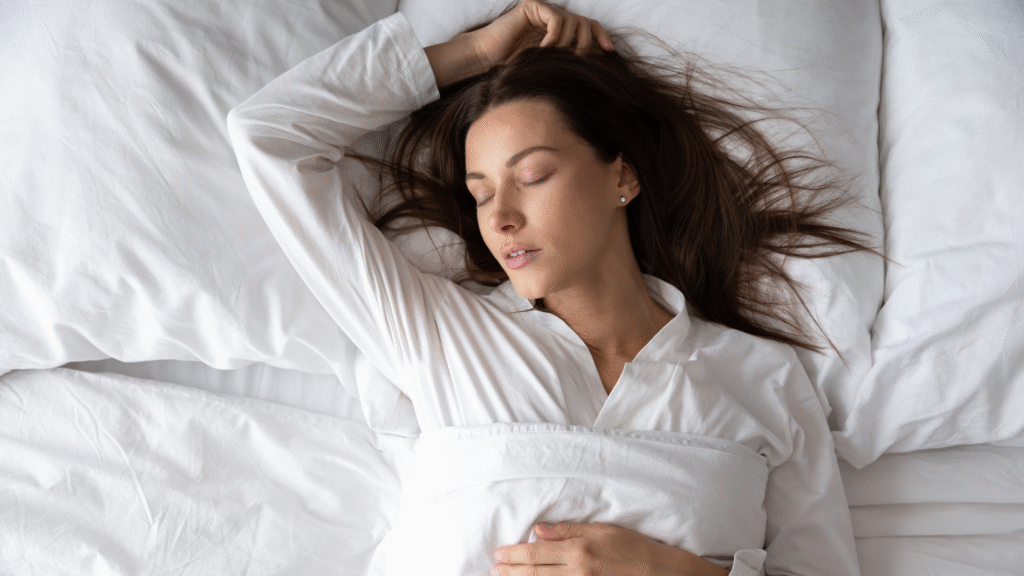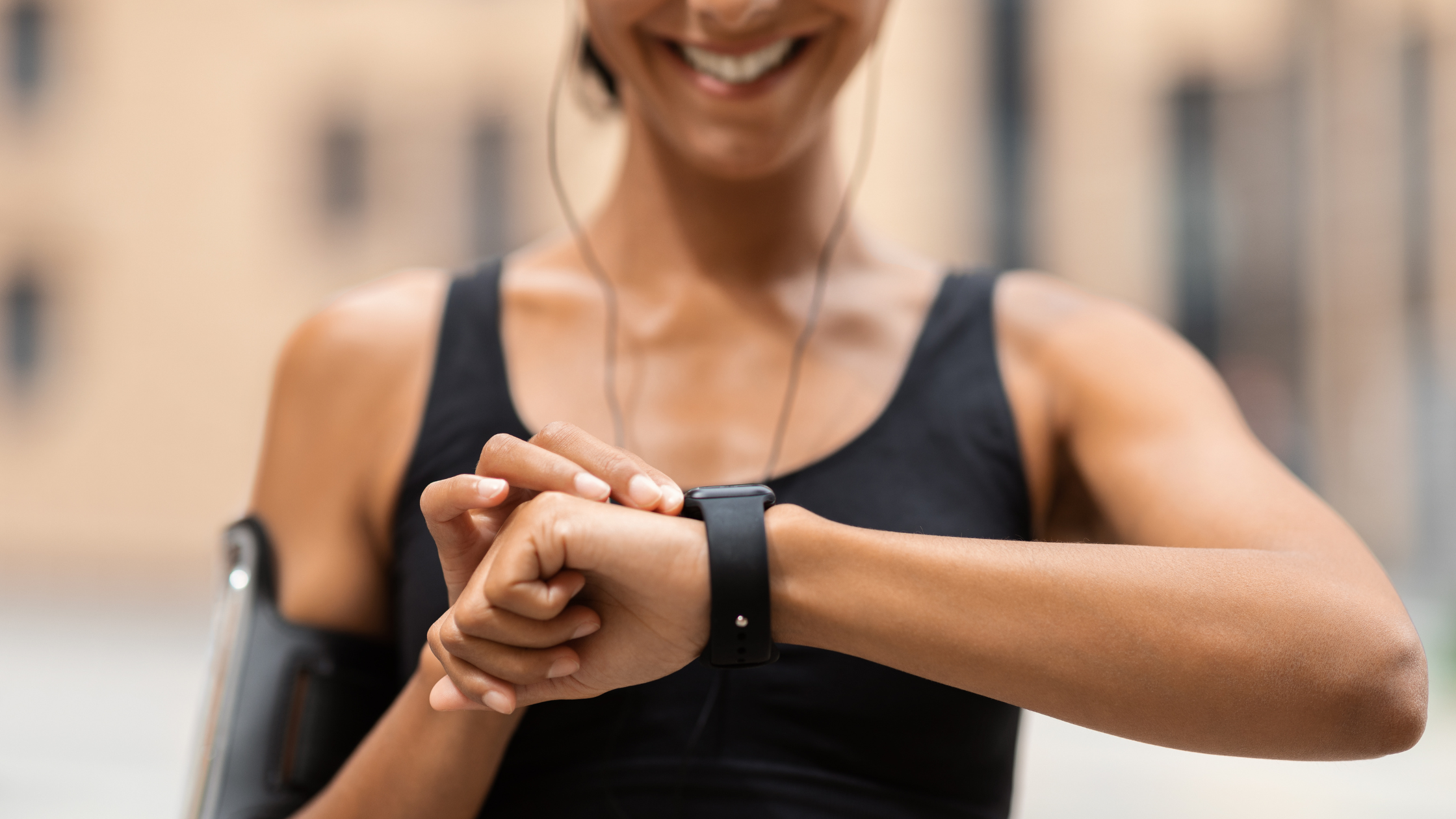Getting enough deep sleep (slow-wave sleep) is crucial for full recovery. During deep sleep your brain produces delta waves, blood pressure drops, and your body repairs muscles and boosts immunity. In fact, experts note that growth hormone surges in deep sleep aid muscle recovery, tissue repair and cellular regeneration. If you want to maximize recovery (after workouts or illness), improving deep sleep is key. Here are research-backed steps to naturally increase deep sleep and wake up refreshed.
1. Stick to a Consistent Sleep Schedule
Consistency is everything for deep sleep. Going to bed and waking up at the same time every day helps sync your circadian rhythm. Aim for 7–9 hours each night. Sleep experts recommend avoiding “sleeping in” on weekends – try to keep your schedule constant. This consistency trains your body to fall into deep sleep more easily when you do hit the sheets.
2. Create a Deep-Sleep Environment
Your bedroom should be a sleep sanctuary. Studies show a cool, dark, quiet room (around 60–67°F) promotes deeper sleep. Use blackout curtains or a sleep mask to block light, and consider a white-noise machine to drown out disturbances. Even a small light or noise can interrupt deep sleep cycles. (For example, can mask outside sounds.) Also, invest in a comfortable mattress and pillows – if you’re tossing and turning, deep sleep suffers.
3. Time Your Exercise and Meals Right
Regular exercise strongly improves sleep quality, but timing matters. Finish vigorous workouts at least 3 hours before bed. Exercise raises your body temperature and endorphins, which can keep you awake if done too close to bedtime. However, daytime exercise (even a morning jog or workout) is linked with more deep sleep later. Also watch what you eat and drink: heavy meals, caffeine or alcohol in the evening can disrupt deep sleep. Caffeine should be cut off in the afternoon, as its stimulant effect lasts hours. And alcohol, while it may help you fall asleep, actually fragments sleep and reduces restorative deep sleep.
4. Manage Stress and Relax Before Bed
Chronic stress spikes cortisol and makes it hard to fall into deep sleep. Try winding down 30–60 minutes before bed with relaxing activities: meditation, deep breathing, gentle yoga or reading. Even a warm bath can cue your body to sleep. High evening screen time emits blue light, which can suppress melatonin – the sleep hormone – so turn off devices or use blue-light blocking glasses in the evening. Reducing stress and light exposure helps melatonin rise naturally, leading to deeper sleep stages. (If you need extra help sleeping, you could try or as directed.)
5. Consider Supplements and Sleep Aids
Some natural aids can gently boost deep sleep. Magnesium supplements are often recommended to help muscles relax and support melatonin production. Melatonin (a hormone that regulates your sleep–wake cycle) can help reset your internal clock if needed. For example, HealthKart’s HK Vitals melatonin tablets might be useful if your schedule is off. If light is an issue, use blackout curtains or sleep masks; if noise is a problem, ear plugs or a sound machine can help. Even aromatherapy (like lavender oil) can promote relaxation. Remember: supplements and aids should complement good habits, not replace them. Always start with healthy sleep practices first.
6. Track Your Sleep (and Adjust)
Use a sleep tracker or wearable to monitor your sleep stages. While no device is perfect, they can reveal patterns – for instance, whether you’re actually getting restorative deep sleep. If you see consistently low deep-sleep time, review your habits (too much late caffeine? stress?). Adjust one factor at a time and keep an eye on the results. Over weeks, these small changes will add up to better, deeper sleep and faster recovery.
Key Takeaway: Improving deep sleep is about setting up the right routines and environment. Stick to a schedule, create a dark cool bedroom, exercise early, manage stress, and consider natural supplements. Small changes can significantly boost your deep sleep hours and overall recovery. Sweet dreams!












